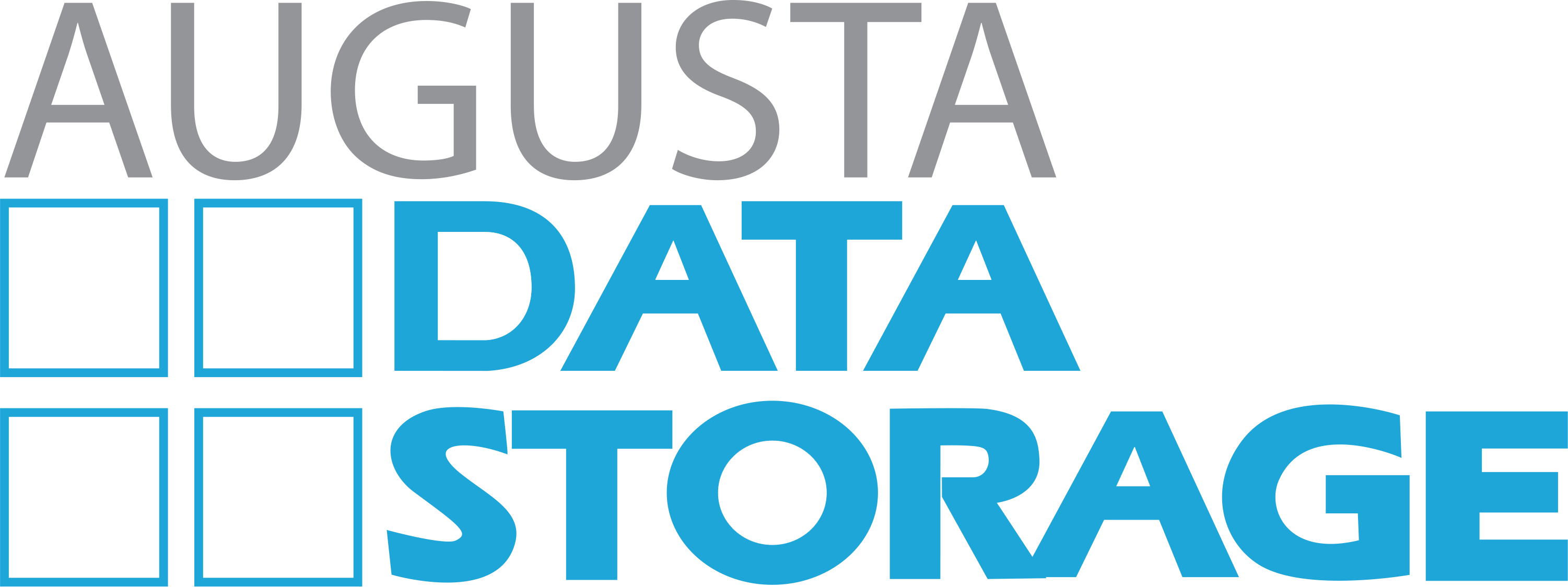An Inside Look: Medical Records Management Services

As privacy laws continue to change, businesses and service providers who handle personally identifiable information face many challenges in staying up-to-date on compliance requirements.
While many healthcare providers have moved to Electronic Healthcare Records, some still have a backlog of older patient records that need to be archived in a storage area or digitized and uploaded into their new electronic records management systems. No matter how you’re managing these records security and compliance should be top-of-mind.
We recognize that patient care and managing your practice is your first priority and that is why we work to maintain a comprehensive records management program designed to fit the needs of our area’s healthcare providers.
Why your practice needs a robust medical records management plan
In the information age, the threat of malicious attacks or even mismanaged personal information can be detrimental – especially at scale. For any hospital or medical practice looking to secure records and patient data, a robust medical records management plan is a must. There are several benefits to consider when it comes to prioritizing records management strategies, for example:
Improved compliance
A strong records management plan ensures an increased level of compliance across your information management systems. Building your plan around regulatory requirements for storage, access, and destruction is the best way to ensure your organization meets the requirements of HIPAA and other, rapidly evolving privacy laws.
Operational Efficiency
Organizing and even automating your medical records management system can help you increase the accuracy and speed of delivery of patient care. Smart records management services can help you streamline processes, reduce paperwork and keep the focus on your practice’s core mission.
Monitor access to records
With a comprehensive records management program, healthcare providers can create systems to monitor and even limit access to patient records and other sensitive information, whether they are stored digitally or as hard copy records.
Effectively manage retention schedules
One of the crucial, and often overlooked, components of records management programs is retention and destruction. Having a clear, actionable plan for the retention and destruction of records can help you mitigate the risk of patient data being mishandled or falling into the wrong hands.
Understanding the Regulatory Requirements for Medical Records Management
Information security requirements have been on the rise in recent years, and when it comes to medical records and patient information, the regulatory requirements for how you should manage, store, and access this information can be quite stringent.
The Health Insurance Portability and Accountability Act (HIPAA) is the most well-known regulation, and it covers a wide range of topics from patient privacy to unauthorized access. It’s important to remember that medical records management regulations vary from state-to-state, so if you are operating across multiple states, research each state’s requirements to ensure that your records management system is compliant.
Other legislation to consider as a part of your information management strategies include:
- The Gramm-Leach-Bliley Act
- Sarbanes Oxley Act (SOX)
Ready to get started with a medical records management system?
At Augusta Data Storage, we offer a comprehensive suite of services for healthcare providers looking to streamline their medical records processes and achieve compliance with the latest regulations. Our team of experienced professionals put together a quick guide to help you get started in building out a secure medical records management program while keeping compliance top of mind.
Key Components of a Strong Medical Records Management System
When it comes to building a records management program for overseeing patient records and confidential information within your medical practice, there are a few key components that you’ll want to ensure are a part of your plan.
Medical Records Management (MRM) is the practice of collecting, organizing, storing and tracking patient data in a secure and compliant manner. It involves the use of processes, software and systems to ensure that confidential health information is collected, maintained and made available when needed. This includes the maintenance of paper records as well as electronic ones.
Records Collection & Organization
Records collection and organization is a key components of a medical records management program. This process involves the collecting and organizing of patient data, securely and in compliance with relevant laws and regulations. It is important to recognize that this process applies to both paper and electronic documents.
Organizing records correctly will help ensure that the information is easily accessible and quickly retrieved when needed. This includes properly filing records and making copies of them, as well as labeling and coding documents with unique identifiers for easy retrieval.
Secure Records Storage & Access
To ensure patient information is kept secure, healthcare providers need to be able to store and control access to both electronic and paper documents. The process involves creating a secure environment for storing sensitive data, as well as granting appropriate user access and controlling the viewing and sharing of documents.
It is important to note that access and controls should be monitored on a regular basis to ensure that only authorized users are accessing information and that confidential data is not being shared without permission.
Record Retention & Destruction
Finally, a major component of medical records management is the process of record retention and destruction. This involves the tracking and management of documents to ensure that they are stored for appropriate periods of time, in compliance with legal regulations, as well as destroyed when no longer needed. In many cases, monitoring and documenting these retention and destruction schedules is crucial or even required for maintaining compliance.
Employee Education and Training Drive Success of Records Management Programs
Employee education and training is important for a medical records management program to work. Employees need to know what to do with patient information and how to keep it safe.
Training helps them understand how to collect, organize, store and use records in the right way. Education and training also help employees become more aware of the importance of confidentiality and security when handling sensitive data. Key things to include in your employee education are:
- expectations and requirements of your records management program
- how employees should report non-compliance
- updates to regulatory requirements
- new and emerging risk factors
- tools and resources for improved compliance
We’re here to help
If your practice is ready to take that next step in cultivating a robust records management plan, we’re here to help you every step of the way. Our team has extensive experience in helping healthcare providers streamline their records management systems and stay compliant. Here’s a look at just a few of the ways we’re helping local medical practices, hospitals and healthcare providers improve their records management systems.
4 Medical Records Management needs, one solution – Augusta Data Storage
Record Storage Services
While many new medical records are created in digital format, healthcare providers still have a variety of archived and possibly active records that require secure storage. If your facility is tight on space, we offer over 100,000 square feet of secure record storage space in our facility.
Our warehouse is outfitted with restricted entry access points, video surveillance monitoring, and barcode location tracking for each individual record located in our facility.
In addition to storing your records, we also offer 24/7 retrieval access service to ensure that you can have your records when your team needs them.
Media Storage Services
For many medical facilities, tapes and specialty media are often used to archive scans and x-rays and these specific media require specialized storage to protect them. Our facility is outfitted with a secure, climate-controlled media vault to ensure that your electronic media is protected from environmental wear and tear and information breeches.
Document Imaging Services
As the move to paperless practices continues, we recognize that many medical providers may require digitizing of their archived records. We offer document imaging services to help you bridge the gap between paper and digital!
Records Destruction Services
Whether your records are outdated and in need secure destruction OR you have transferred them over to an electronic health records system, our NAID AAA Certified document destruction services ensure that your records are secure and in compliance through the end of their useful life. Records are shredded in our facility and customers will receive a document of destruction for compliance and archiving purposes.
If your medical practice is looking to maintain compliance in their day-to-day operations, consider our scheduled shredding services, which provide customers with locked disposal bins to collect office waste and regularly scheduled visits from our mobile shred unit.
The Leading Records Management Providers in the Augusta, GA Area
We understand that every healthcare provider is unique and as such, we’re here to provide you with customized solutions that fit your unique needs. Whether you need records storage services, document imaging services, media storage services or records destruction services – we have the resources in place to help you streamline your processes.
For over 25 years Augusta Data Storage has been working to provide comprehensive records management services with a specialized focus on serving the large population of healthcare providers across the Aiken – Augusta area. From storage to digitizing to purging and more, we’re here to ensure that you have a partner you can trust.
